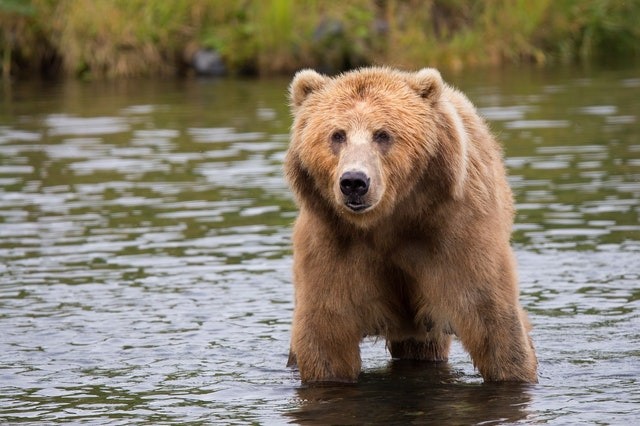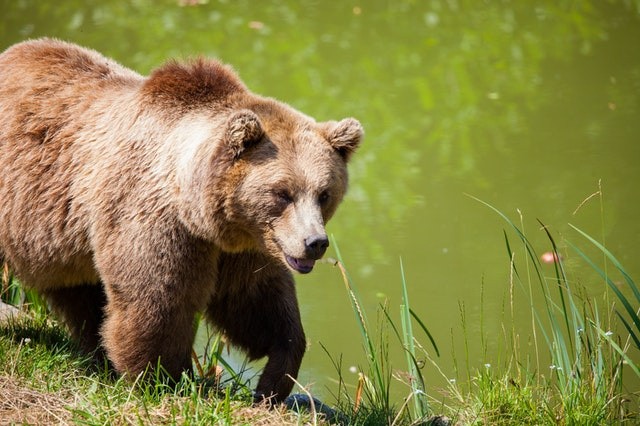Bears that are infected are less afraid of people and are battling to survive on their own.
A bizarre neurological disease in juvenile Californian black bears (Ursus americanus) is causing them to behave like pet dogs, warming up to humans in an affectionate manner.

Low Chances of Their Survival in the Wild
Though it sounds lovely, the chances of surviving in the wild with this rare behavior dramatically worsen. The bears, which are all about 1 year old, seem to be putting up with a form of infectious encephalitis which is the inflammation of the brain tissue that can be brought about by bacteria, viruses, fungi, and parasites, as well as part of an autoimmune response.
But veterinarians are doubtful of what exactly is causing the issue or how fast it is spreading within the population. Symptoms may include a prominent head tilt, seizures, muscle tremors, lethargic movements, walking in circles, and being significantly underweight, as well as an act of astounding courage towards humans.
Ann Bryant, executive director of the Bear Education Aversion Response (BEAR) League who has been a part of the rescue of infected bears said they came to their attention because they come close to people in a peaceful, friendly, and non-aggressive manner. "Their behavior seems like that of a dog, not a bear," she said.
Also Read : Fatal Bear Attacks in Alaska Killed 2
Humans Discovered With the Disease
In the previous year, according to the California Department of Fish and Wildlife (CDFW), four individuals have been discovered with the disease - the highest number of victims since it was initially detected in 2014.
According to the CDFW, the population of black bears in California has escalated from between 10,000 to 15,00 individuals in 1982 to between 30,000 to 40,000 presently. As a result, veterinarians are not too disturbed about the effects of the disease on the general population.
Bryant said to Live Science: " On March 2018 the first bear I rescued personally was diagnosed with encephalitis. "She wandered into a school and entered a classroom where she sat down in the midst of children, acting very much like a friendly dog."

Snowboarder Saves a Juvenile Male
Another infected bear was captured on video in 2019 making an effort to climb onto a snowboard alongside its rider. The juvenile male was eventually saved after the snowboarder and his friends played with him and gave him sandwiches. However, behavior that is friendly doesn't mean it's not dangerous for humans to be around the bears.
Bryant said that bears coming close to people who might then treat the animal as if they are domesticated could easily bring about danger. "I would not be secured with a member of the public making effort to handle one of these, or any, bears," he said.
Instead, if anyone runs into bears showing symptoms of encephalitis they should report it to the CDFW, Bryant said. These two specific bears now stay in rescue centers, where they must be given constant medical care to keep the inflammation of the brain under control, but most other bears aren't so fortunate.
For more news, updates about bears and similar topics don't forget to follow Nature World News!
© 2025 NatureWorldNews.com All rights reserved. Do not reproduce without permission.





